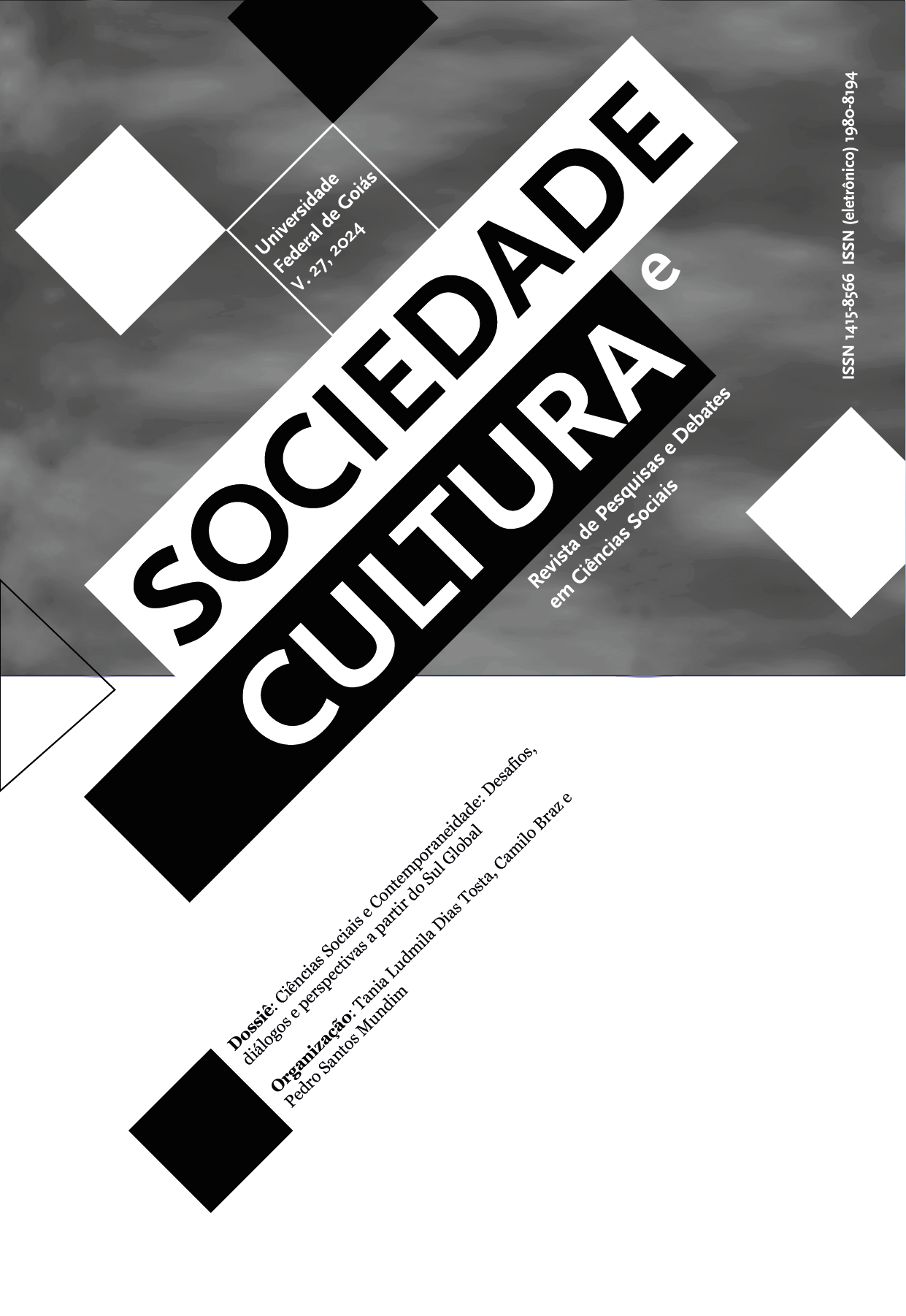Knowledge, education, and situated writing of an African woman in diaspora
DOI:
https://doi.org/10.5216/sec.v27.77639Abstract
This article is inspired by the construction of a doctoral thesis entitled “Bentana Fiu na Bida Teinha: returning the nomenclature and meanings of hunger and poverty to their creators, based on the paths and
experiences of the tabankas in present-day Guinea-Bissau”. Considering autoethnography as a means of integrating the journey of a young African woman since her physical return to the land, narrating the strength of African spirituality, the teachings of the land and her academic training in the Brazilian diaspora. Thus, it presents the blossoming of situated
writing by designating the harmony of the mind and the heart, in which the obedience of the hands that weave constitutes na achievement in the practice of the art of writing. In this process, the author expresses gratitude for the materialization of the orality in writing as a possibility
of enhancing the earth, the collective dimension and the spirits and the generous perspective of caring for all, everything and everyone. Understanding, accepting and making oneself available in the process of
continuity, of the responsibility of pursuing the recovery and maintenance of the knowledge of our territories-bodies.
Downloads
Downloads
Published
How to Cite
Issue
Section
License
Copyright (c) 2024 Sociedade e Cultura

This work is licensed under a Creative Commons Attribution 4.0 International License.
Authors who publish in this journal agree to the following terms:
- Authors retain the copyright and grant the journal the right of first publication, the work being simultaneously licensed under the Creative Commons Attribution License, which allows the sharing of the work with acknowledgment of authorship and of the initial publication in this journal;
- Authors are authorized to enter into additional contracts separately, for non-exclusive distribution of the version of the work published in this journal (eg, publishing in an institutional repository or as a book chapter), with acknowledgment of authorship and of the initial publication in this journal;
- Authors are allowed and encouraged to post and distribute their work online (eg, in institutional repositories or on their personal page) at any point before or during the editorial process, as this can bring productive change as well as increases the impact and the citation of the published work (see O Efeito do Acesso Livre).



